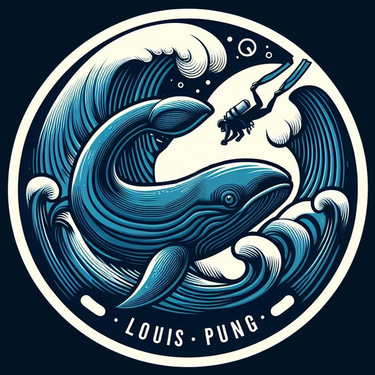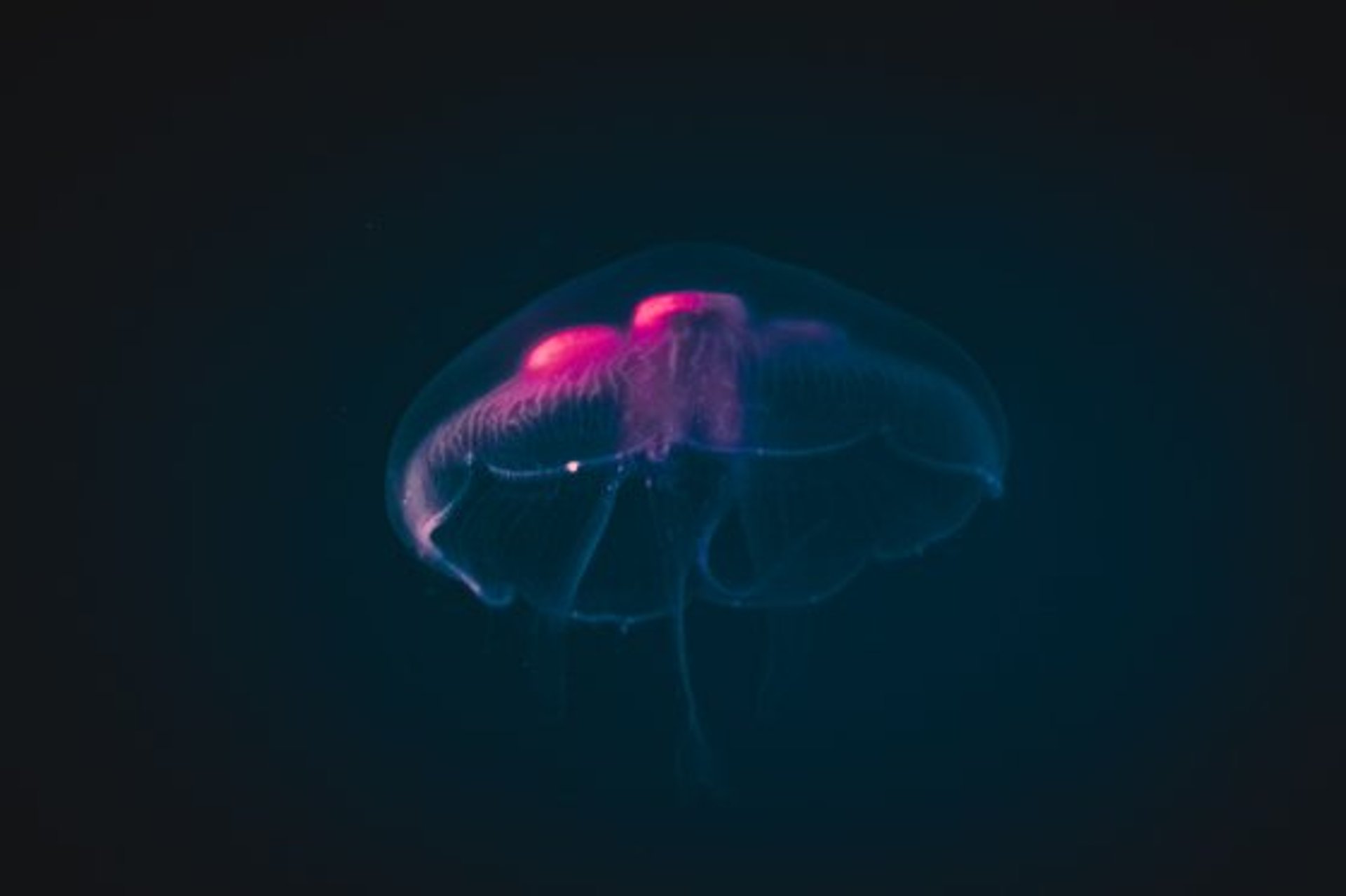
What is Scuba Diving? 🤿🌊
Scuba diving is an activity that allows people to breathe underwater and explore the underwater world for extended periods. Divers use a self-contained underwater breathing apparatus (SCUBA), which includes a tank filled with compressed air (or gas mixtures like nitrox, trimix, etc.), a regulator to control the airflow, a buoyancy control device (BCD) to manage buoyancy, and other equipment such as fins, a mask, wetsuit, and a pressure gauge. 🌊🤿
Types of Scuba Diving
Recreational Diving: Recreational diving is aimed at enjoying the underwater world, relaxing, and observing the abundant marine life and landscapes. It can be done at beautiful dive sites around the world, such as coral reefs, tropical islands, and clear lakes, offering the best way to explore and experience marine ecosystems. Recreational diving is usually done within safe depth limits and does not require complex decompression procedures. 🐠🏝️
Technical Diving: Technical diving aims to explore underwater environments that exceed the limits of recreational diving. It involves activities requiring additional skills and equipment, such as decompression diving, cave diving, wreck diving, and deep diving. Technical divers use special gas mixtures (such as heliox) to avoid risks like nitrogen narcosis and oxygen toxicity, and they need to carry out complex dive planning and decompression procedures. ⏱️🪨🚢⬇️
Commercial Diving: Commercial diving involves underwater tasks such as engineering, maintenance, and construction, including hull maintenance, underwater pipeline installation, bridge inspections, and underwater welding. Commercial divers often use specialized equipment like gas supply lines, heavy diving suits, and underwater communication systems. They require specialized training to handle the unique challenges of underwater work, such as low visibility, strong currents, and extended underwater stays. ⚙️🛠️
Benefits of Scuba Diving
Physical Health: A full-body workout that helps improve flexibility, strength, and cardiovascular function. 💪🩺
Mental Health: The breathing rhythm and calm environment underwater help reduce stress and provide a sense of relaxation. 🧘♂️🌊
Knowledge Enhancement: Divers gain a deeper understanding of marine life and ecosystems, sparking a passion for ocean conservation. 📚🐠
Adventure and Exploration: Scuba diving offers opportunities to travel the world, explore tropical coral reefs, wrecks, and other unique environments, while also connecting with like-minded individuals. 🌍✈️
Scuba diving is not only a physically challenging and enjoyable sport but also a unique way to explore the ocean. Divers can enter various water environments, encounter diverse marine life, and experience breathtaking underwater landscapes. Many people find a sense of freedom beyond daily life, immersing themselves in the peaceful underwater world.
For professional divers and enthusiasts, scuba diving can also become a deep scientific or photographic pursuit. Many participate in underwater archaeology, marine biology research, or underwater photography and videography, capturing the beauty of marine life and environments. Additionally, divers can enhance their technical diving skills through continuous training and practice, engaging in deeper explorations, wrecks, caves, and other inaccessible underwater sites. Overall, scuba diving is an activity that challenges limits while offering endless discovery and enjoyment, attracting diving enthusiasts and professionals from around the world.


